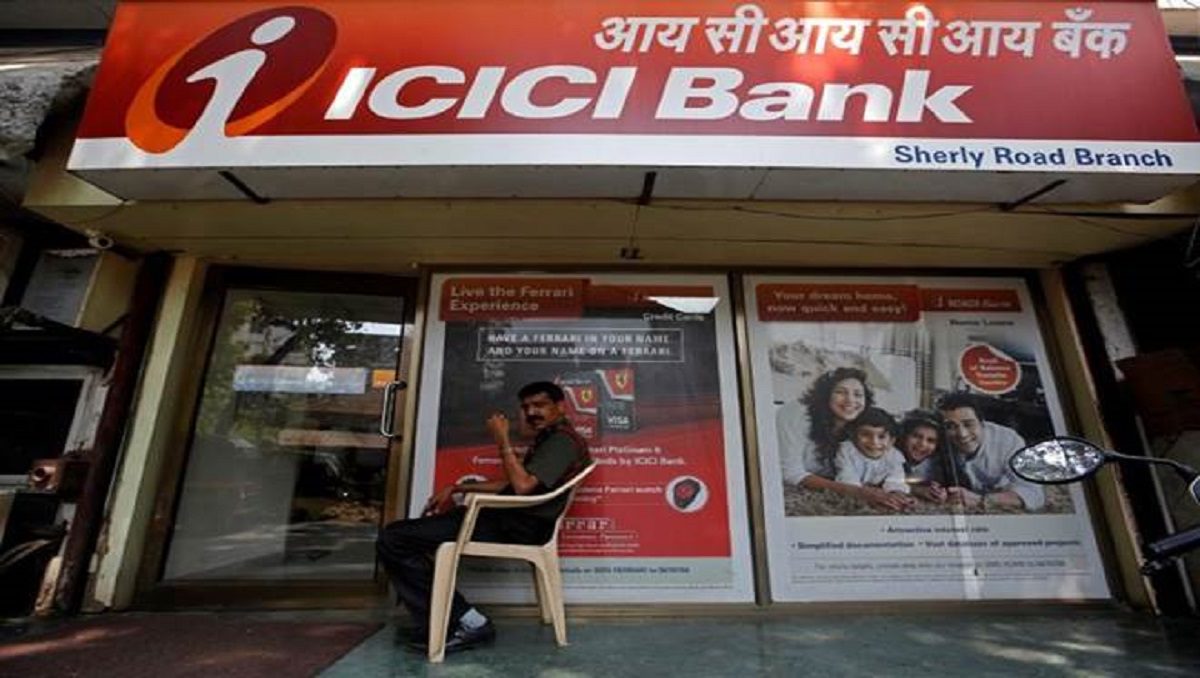Title: ICICI Bank v. Deputy General Manager and Ors.
Decided on: 21st July, 2023
+ W.P.(C) 3796/2022
CORAM: HON’BLE MR. JUSTICE PURUSHAINDRA KUMAR KAURAV
The Delhi High Court has clarified the scope of SEBI’s powers under Section 11B of the SEBI Act, 1992, stating that SEBI can issue directions to any person or class of persons, including banks, under this section, irrespective of whether they are registered with SEBI under Section 12. However, the court emphasized that SEBI’s powers should be exercised in a manner that does not conflict with or curtail the effect of other laws. The court ruled that SEBI’s direction under Section 11B(1) cannot restrain a bank from auctioning a defaulter’s property according to the bank’s rights under the SARFAESI Act, 2002.
Facts
The case revolved around the petitioner bank and the third and fourth respondents who had borrowed a home loan from the bank and mortgaged a property. The Securities and Exchange Board of India (SEBI) initiated an investigation against a company in which the third and fourth respondents were directors. SEBI ordered that the respondents not dispose of or alienate any assets without prior permission. Meanwhile, the bank noted the respondents’ default in loan repayment, classified their account as a Non-Performing Asset, and issued a demand notice under the SARFAESI Act, 2002. The bank also sought to auction the mortgaged property.
Senior Advocate Sanjiv Sen represented the petitioner, while Senior Advocate Arunabh Choudhury appeared for the respondent.
Analysis
The court analyzed the interplay between SEBI’s powers under the SEBI Act and the rights of banks under the SARFAESI Act. It noted that SEBI’s powers must be exercised carefully to avoid conflicting with other laws. The court pointed out that SEBI’s directions cannot change the material terms of the direction and should not be applicable to those to whom it is not intended.
The court emphasized that the SARFAESI Act prioritizes the debts of secured creditors over other dues. It highlighted the insertion of Section 26E in the SARFAESI Act to protect banks from interference by the state machinery in realizing their dues.
Held
The Delhi High Court held that the SEBI Act’s powers are legitimate and legal as long as they do not breach the mandate of other laws. In this case, the SARFAESI Act’s provisions took precedence over SEBI’s directions. The court concluded that the bank’s actions to realize its secured asset were not connected to the securities market and were governed by the SARFAESI Act. The SEBI Act’s directions were applicable to a broader set of assets and situations.
Thus, the court held that the bank’s rights under the SARFAESI Act should not be curtailed by SEBI’s directions, and the bank could proceed with the auction of the mortgaged property in accordance with the SARFAESI Act.
“PRIME LEGAL is a full-service law firm that has won a National Award and has more than 20 years of experience in an array of sectors and practice areas. Prime legal fall into a category of best law firm, best lawyer, best family lawyer, best divorce lawyer, best divorce law firm, best criminal lawyer, best criminal law firm, best consumer lawyer, best civil lawyer.”
Written by- Ankit Kaushik


